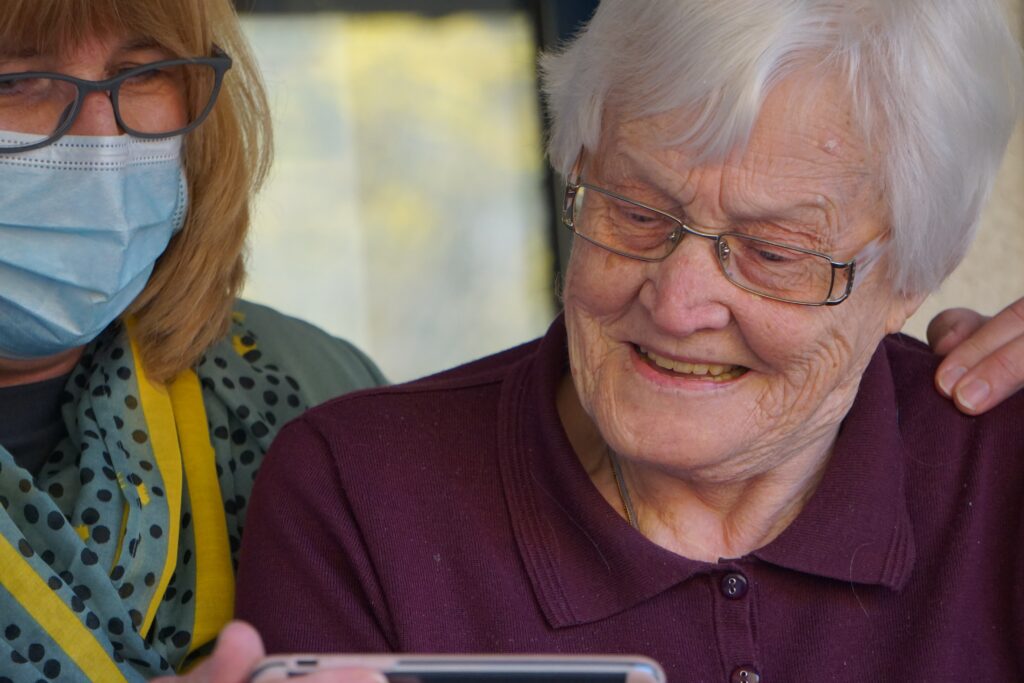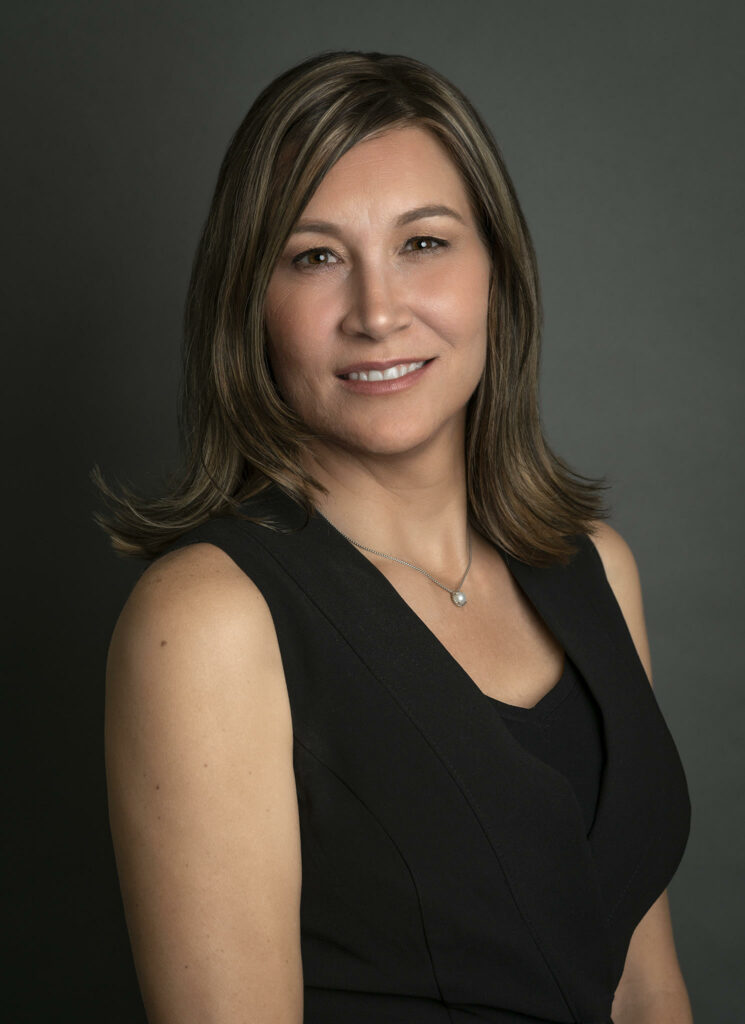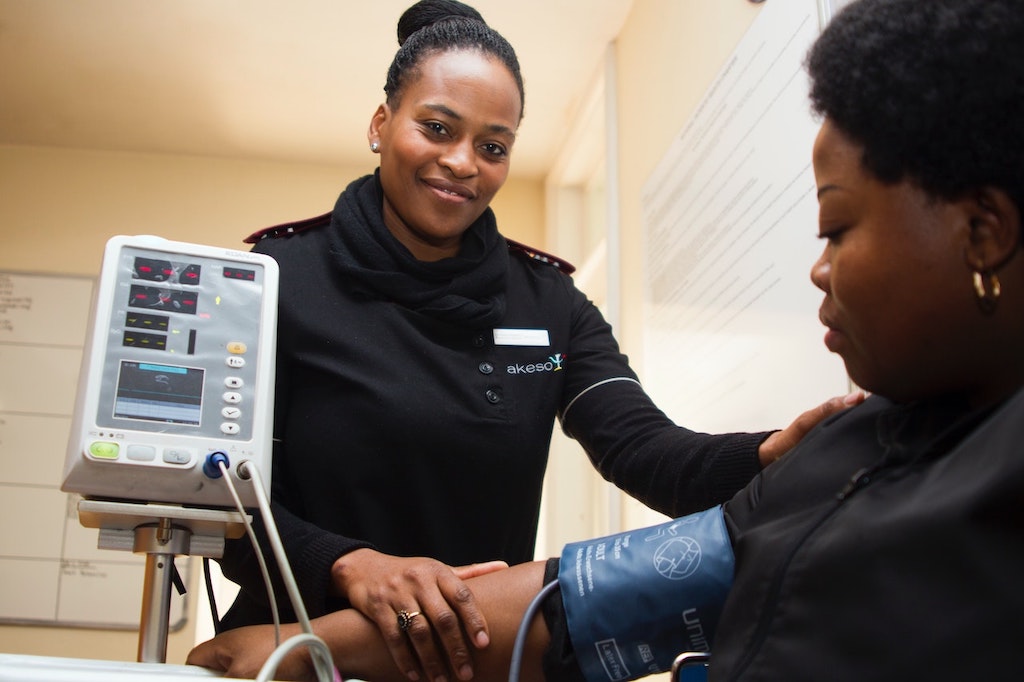Charity Cox-Hayden is chief nursing officer for Atlas Healthcare Partners, LLC, an ambulatory surgery center (ASC) development and management company headquartered in Phoenix, Arizona with surgery centers in Phoenix, Tucson, and Northern Colorado. She and I recently discussed the importance—and challenges—for nurses to ask questions in the high-stakes environment of healthcare … the problem of intimidation and bullying … and the power of a little smalltalk to reduce patient anxiety.
Paul Quinn: Charity, regardless of the industry, it seems that a big reason people don’t ask questions in the workplace is fear. If I think my boss will lose respect for me because of the questions I’m asking, or that he or she will feel I’m challenging their authority or judgment, I might stop asking questions for fear I’ll be devalued or fired.
That dynamic can exist anywhere, but how does it play out in the doctor-nurse relationship?
Charity Cox-Hayden: There are so many variables in that question. It depends on the nurse and the physician. Some physicians are extremely open to questions, some are not. So, you have to tailor your approach to that physician based on your knowledge of how they usually respond. It also depends on the nurse. Has the nurse been a nurse for one year or ten? They’re going to ask questions very differently and have a different relationship.
Paul Quinn: Have you ever had to be careful about who you asked?
Charity Cox-Hayden: I had a very, very difficult physician the first two years I was a nurse. And I was petrified to ask this person anything. The physician-nurse interaction has come a long way in the 20 years I’ve been a nurse. But it hasn’t come all the way. There’s still a lot of difficulty when nurses ask physicians questions.
I found a 2013 study from the Institution for Safe Medication Practices. It showed that in the year prior, 87% of nurses had encountered physicians who were reluctant or refused to answer questions or return calls. Granted, that was almost 10 years ago, and I think it’s gotten better over the last ten years. But we still see it from time to time and it can be a very challenging area.
Paul Quinn: What helped you be effective with that difficult doctor?
Charity Cox-Hayden: One of the things that helped was having somebody with me that had a stronger relationship with that physician. If you have a new nurse in a difficult position, it’s best to get some reinforcement from your leadership to be with you. Because what can also happen is that if you have an interaction with a physician and a new relationship and it doesn’t go well, it sets the precedent for how the rest of that relationship is going to go. And I speak from a vast amount of experience.

Paul Quinn: So, having an ally can help. What else would enable nurses to feel more comfortable asking questions of a doctor they feel intimidated by?
Charity Cox-Hayden: You certainly want to look at the question you’re going to ask and be sure you don’t already have the information somewhere else. Before you ask a physician about a medication, have you looked at all the information you have in front of you? When nurses ask a question they already have the answer to that can be frustrating for a physician, so you have to do your research.
That’s especially important before you ask difficult physicians questions. An easier physician is calm and responsive even if they have to remind the nurse that what they’re asking about is already available in the paperwork. But nurses need to do their due diligence before they ask and seek assistance.
Paul Quinn: I’m thinking that some of those difficult behaviors in physicians could be because they’re insanely busy. Though some of my nurse friends have said it’s pure ego!
Charity Cox-Hayden: I think physicians are busy. That’s not an unfair statement. There is the ego factor, too. How do you get around that, right? I think a lot of that [attitude] probably starts in medical school, though I think it happens less often in our younger population of physicians.
Interestingly, my own speculation is that it happens more with female doctors than male doctors. I generally like to bring stats and references when I give people this type of information, but it always interests me how challenging the female physicians can sometimes be when it comes to things like that.
Paul Quinn: What are your thoughts on why that is?
Charity Cox-Hayden: I think that may be due in large part to females not wanting to be questioned or called out when they already feel like they’ve had to work so hard to be seen as equal to men. There are fewer female surgeons than male surgeons.
My guess is that by the time they’ve joined us—after medical school and residencies and fellowships—some of them may have been victims of bullying themselves. When they get questioned, I think they wonder, Well, would you ask this question if I was a male physician? But like I said, that’s my personal experience, I don’t have stats to back that up.
Paul Quinn: I suppose that being asked even the most lightly challenging question in the OR could be embarrassing for a surgeon, regardless of gender, since it’s not a private, one-on-one environment?
Charity Cox-Hayden: Yes, because nobody likes to be called out publicly, right? No one. That’s a basic human trait. But you don’t always have the opportunity to plan the timing and location to take a physician aside and ask them a question, especially if it’s something egregious. But a lot of times you do.
Paul Quinn: Do some healthcare organizations promote a culture of asking that others do not?
Charity Cox-Hayden: I do think all organizations promote a culture of asking. But what I don’t think they all do well enough is support people once they’ve asked.
Paul Quinn: Would you say more about that?
Charity Cox-Hayden: Sure. Our Stop the Line policy essentially requires us to speak up and ask questions, ask for clarification, intervene, or do whatever we have to do [when in doubt about patient care]. But if a nurse or surgical tech or front desk receptionist does those things but are part of that 87% that gets poor treatment because they asked, what are we going to do about that? How are we going to hold the physician responsible?
And it’s not always a physician. It could be a Certified Nurse Assistant asking a nurse a question and the nurse is rude or doesn’t answer the question; technically these responses could be bullying or even workplace violence, which are a big passion of mine [to eliminate from the workplace]. If it’s a negative experience, that person’s not going to ask a question again and patient outcomes will suffer.

Paul Quinn: Fear of sounding stupid or incompetent keeps a lot of people from asking questions whether they’re in school or the boardroom. But in healthcare, the stakes are higher. Speaking up can save lives, right?
Charity Cox-Hayden: Absolutely. For example, everybody in healthcare knows that wrong-side surgery can happen. It occurs about 40 times a week across the US. Part of preventing that is a checklist called a Time Out. The physician marks the site in the pre-op area, we move the patient to the operating room, and we do a Time Out right before the incision is made to confirm that we’re doing correct surgery on the correct body part, on the correct patient, using the correct implants, etc. If we have a situation where somebody sees something’s wrong, they have an obligation to Stop the Line.
Paul Quinn: So, Stop the Line and Time Out are ways your system supports nurses in speaking up if they think something’s wrong. Are these systems unique to Atlas Healthcare Partners?
Charity Cox-Hayden: No. All health care organizations have some version of Stop the Line. We adopted it from a program called TeamSteps, which is one of the initiatives of the Agency for Healthcare Quality and Research.
Additionally, there are specific processes and procedures the industry follows from The Joint Commission, the Association for Operating Room Registered Nurses, the AMA, etc. to make sure that things like wrong-side surgery don’t happen. But I will tell you that most of it comes down to the nurse being the last line of defense. And that involves the nurse having to speak up and ask questions at a time when it’s not always comfortable to do so.
Paul Quinn: It sounds like a process designed to keep everyone honest and on top of their game.
Charity Cox-Hayden: Yes, and we hold each other and our physicians accountable if they are not participating in these processes. And it’s not just physicians, it’s also horizontal. What do you do if you see your nurse colleague or another person in the facility not washing their hands when they come out of a patient room?
We have a lot of areas where we have to keep each other honest. But at the organizational level, we must support the responses when the nurse is put in a bad situation or there’s any kind of bullying, which is still pretty frequent in our industry.
Paul Quinn: Let’s talk about questions asked in patient interactions. I was hospitalized for the first time over 30 years ago and remember how scared I was, but also how comforted I felt when the nurse put her hand on my shoulder and just asked me a few questions about myself, my work, my family. I felt cared for and a lot more relaxed. Do you have any experiences where asking personal questions enabled you to connect with a patient?
Charity Cox-Hayden: Many years ago, when I was an operating room manager at a hospital, a nurse called me to help her with a patient who was having a procedure that required him to lie still. But the patient was incredibly tense. He also had a cognitive disability. The nurse probably just wanted me to help hold him still.
But instead, I went around to the front of the bed, got on my hands and knees because the bed was so low, held onto the patient’s hands, and had a personal conversation with him. I didn’t ask him about his pain level or whether he was warm or cold because the nurse had already taken care of that. My opportunity was to talk with him on a personal level, where he was from, what he did in life, and just listen. And he quieted down. The doctor was able to perform the procedure and later thanked me.
Paul Quinn: That confirms my belief that a caring, communicative nurse can have a huge effect on patients’ well-being, and may even affect their recovery. Thanks so much for talking with me today, Charity.
Charity Cox-Hayden: It’s been my pleasure. I’ve appreciated the opportunity.

Paul Quinn is author of The Big Ask, a nearly completed book about asking as a life skill, which features portions of this content. He invites readers of this blog to contribute ideas, research, stories, or thoughts on asking. As founder of See The Potential LLC, he helps leaders and influencers across many industries create and confidently deliver compelling presentations that result in wins for all stakeholders.

0 Comments